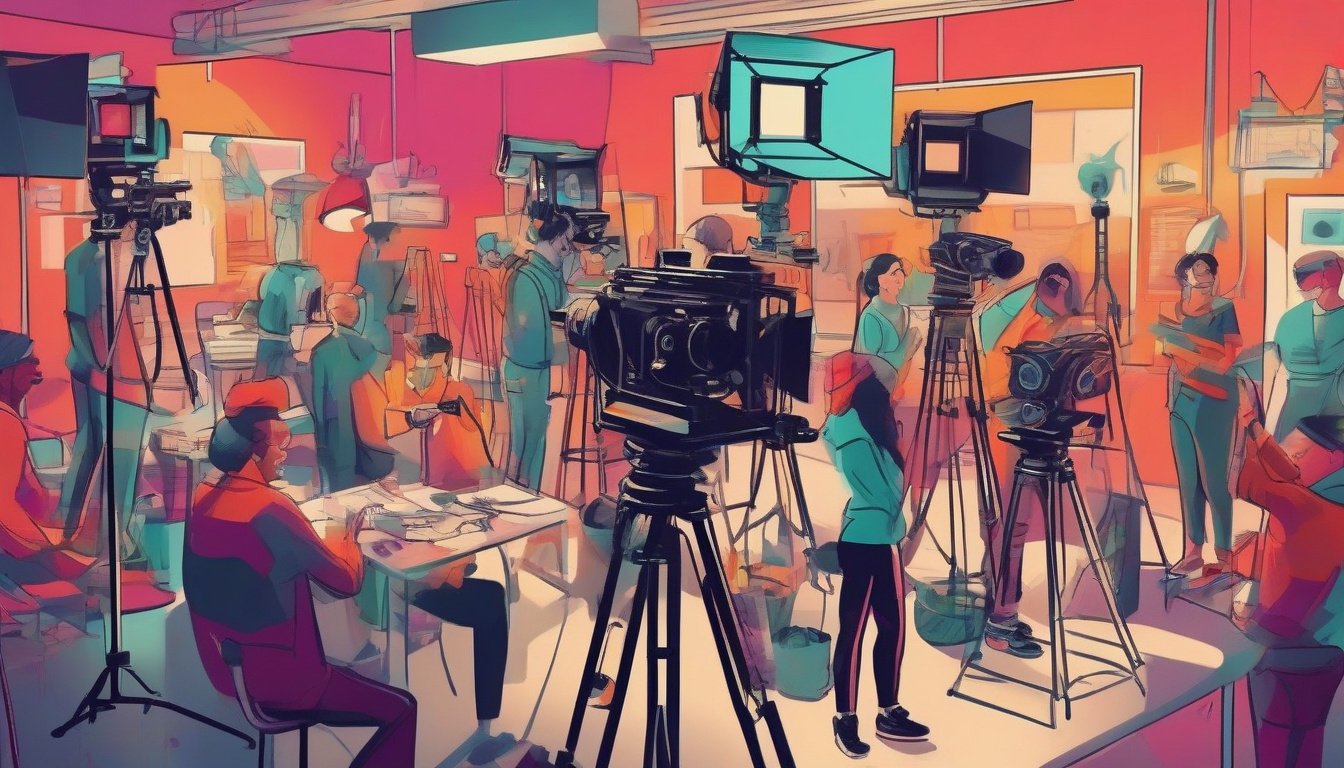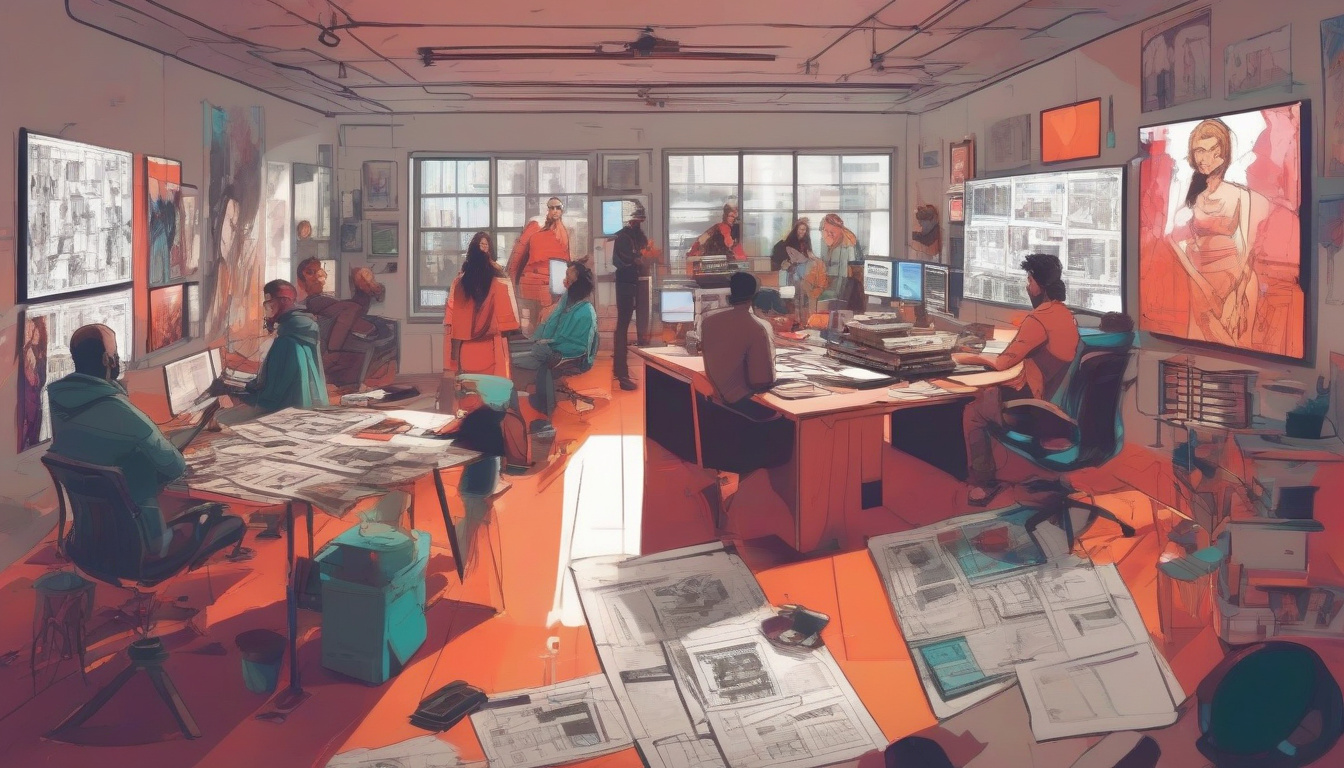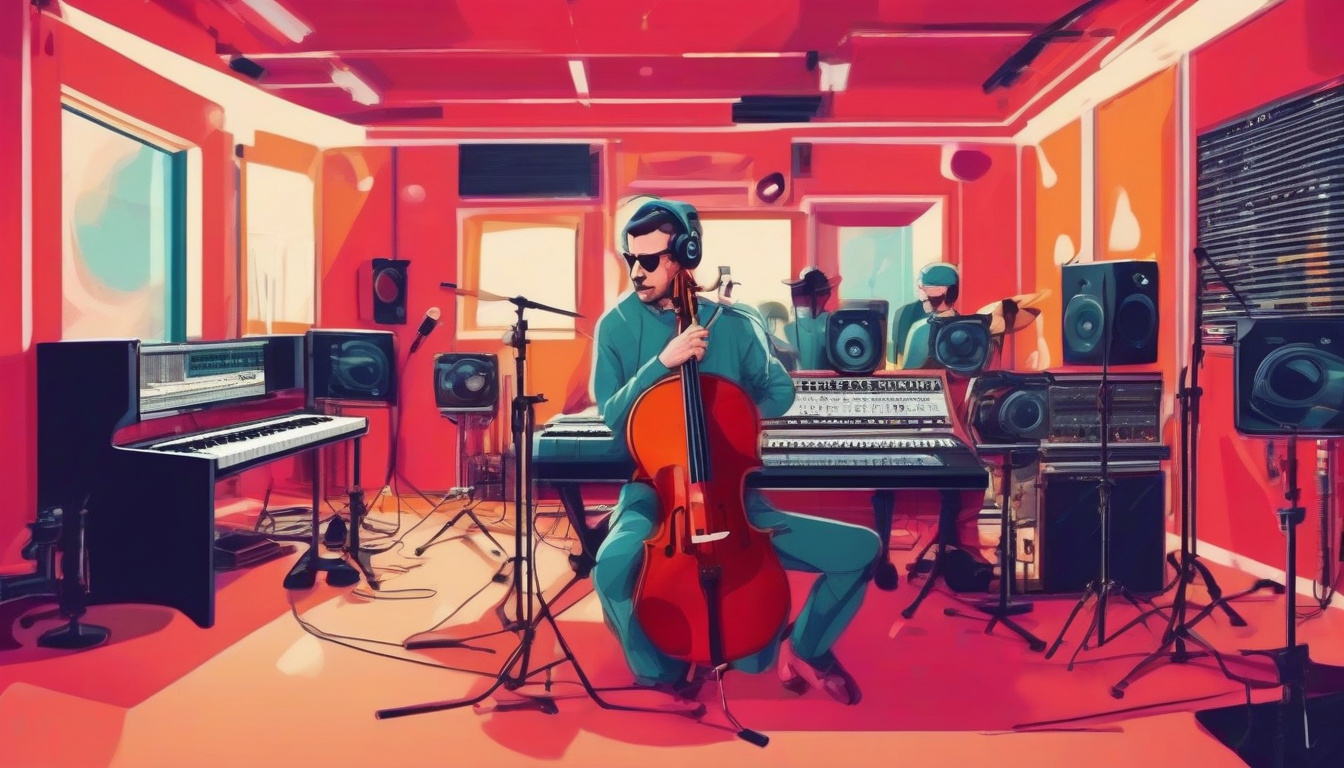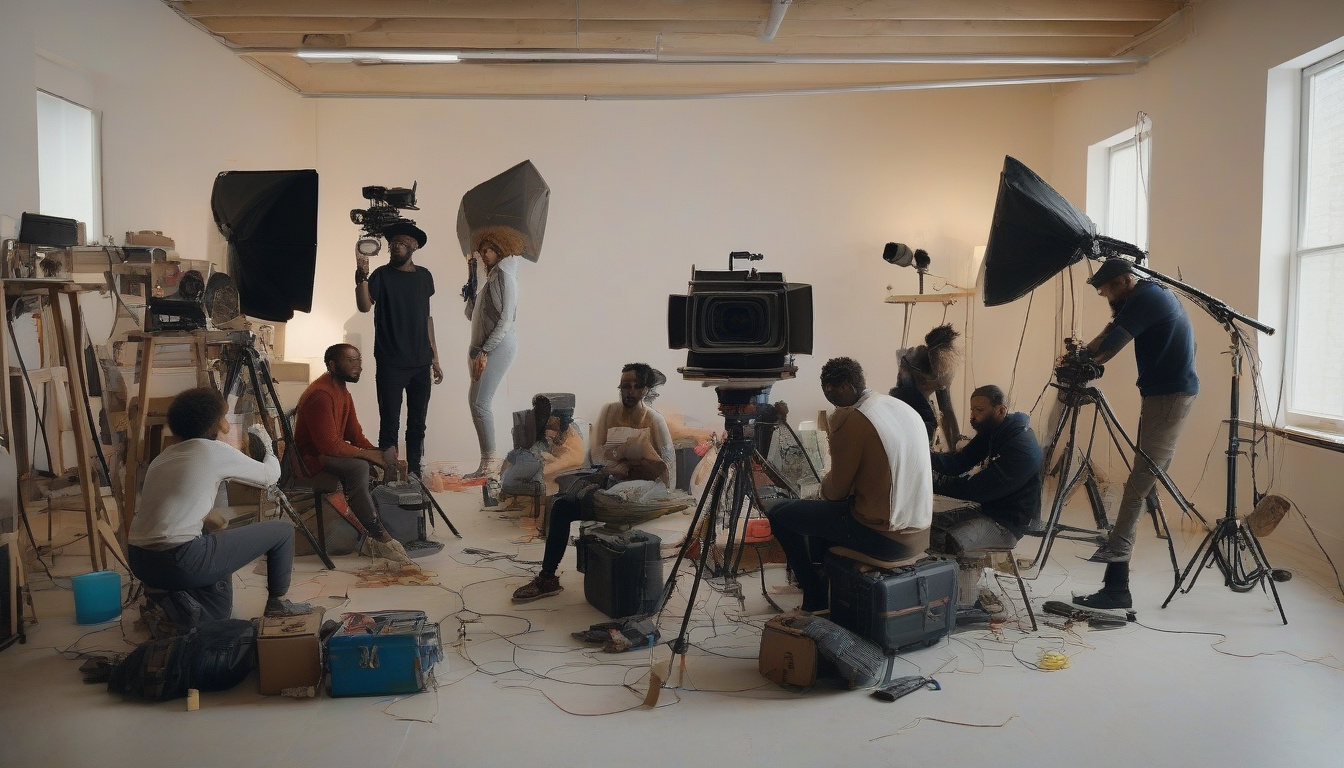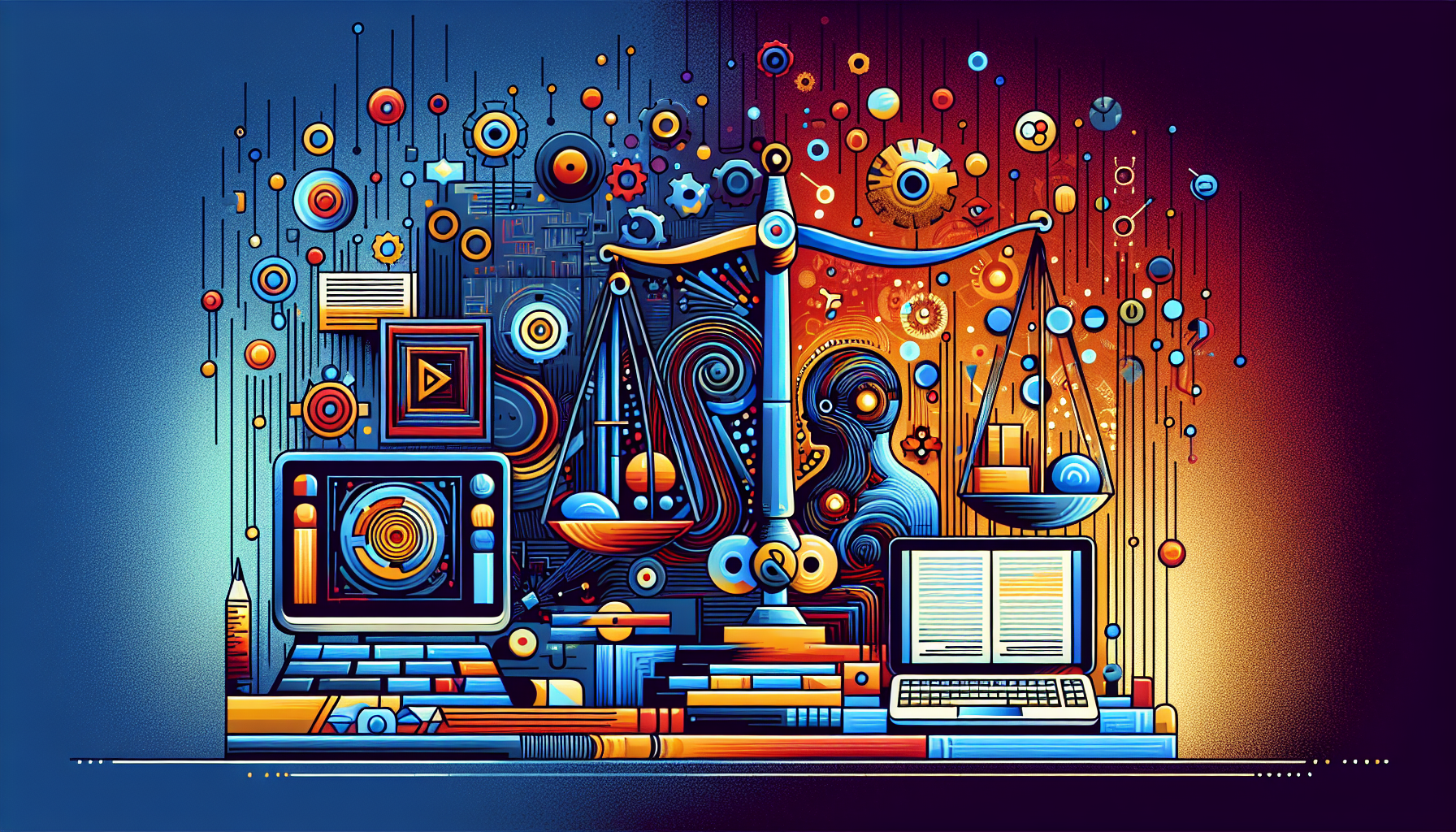
Ethical Dilemmas in AI-Driven Screenwriting
The advent of Artificial Intelligence (AI) has revolutionized many sectors, and the creative industry is no exception. AI-driven screenwriting is emerging as a groundbreaking tool that can generate scripts, adapt novels into screenplays, and even create dialogue in various languages. However, this burgeoning technology poses several ethical dilemmas that challenge the very foundation of creativity, authorship, and intellectual property rights.
The Question of Creativity and Originality
One of the most pressing ethical concerns about AI-driven screenwriting is the question of creativity and originality. Can a machine, governed by algorithms and programmed by humans, truly create something original, or is it merely remixing existing works? This dilemma raises fundamental questions about the nature of creativity and whether AI-generated content can possess the emotional depth, nuance, and understanding of the human condition that is often celebrated in art. As AI continues to produce content that closely mimics human creativity, the blurred lines between machine-generated and human-generated content challenge the traditional notions of authorship and originality.
Intellectual Property Rights and Ownership
AI-driven screenwriting also complicates the landscape of intellectual property rights and ownership. When a screenplay is generated by AI, who owns the work? Is it the creators of the AI, the individuals who input the data, or the AI itself? Currently, legal frameworks are ill-equipped to navigate these novel scenarios, leading to potential conflicts and disputes over copyright ownership. This situation demands a reevaluation of copyright laws to accommodate the complexities introduced by AI in creative processes.
Potential Job Displacement
Another ethical dilemma posed by AI-driven screenwriting is the potential displacement of human screenwriters. As AI technologies become more sophisticated, there is a growing concern that they could replace human jobs in the screenwriting industry. This raises questions about the future of creative professions and the value of human touch in storytelling. While AI can efficiently generate content, the emotional intelligence, cultural understanding, and unique perspective that human screenwriters bring to their work are irreplaceable elements that AI cannot fully emulate.
The Impact on Diversity and Representation
AI-driven screenwriting tools are only as unbiased as the data they are trained on. Consequently, there is a risk that these tools may perpetuate existing stereotypes and biases found in their training datasets. This can have far-reaching implications for diversity and representation in the film industry, as AI-generated content may lack the sensitivity and awareness required to portray complex characters and narratives responsibly. Addressing these biases and ensuring that AI tools promote diversity and inclusivity is a critical ethical challenge.
Maintaining Ethical Standards in AI-Driven Screenwriting
To navigate these ethical dilemmas, it is essential for stakeholders in the creative industry to establish guidelines and standards that govern the use of AI in screenwriting. Collaboration between technologists, legal experts, creators, and ethicists is crucial to develop frameworks that respect authorship, protect intellectual property rights, and ensure that AI technologies enhance rather than diminish the creative process. Emphasizing transparency in AI’s creative contributions, ensuring the responsible use of data, and promoting diversity in AI training materials are steps toward maintaining ethical integrity in AI-driven screenwriting.
As the intersection of AI and creative industries continues to evolve, the ethical considerations of AI-driven screenwriting will remain a topic of intense debate and exploration. Balancing the potential benefits of AI in enhancing creative processes with the need to protect human creativity, rights, and jobs is a complex challenge that requires ongoing attention, dialogue, and innovation.


